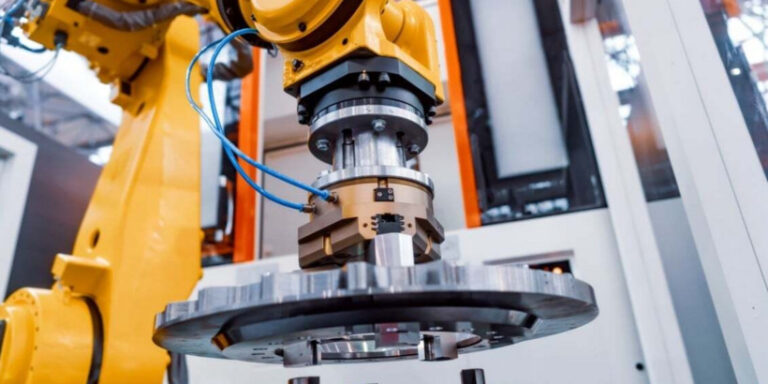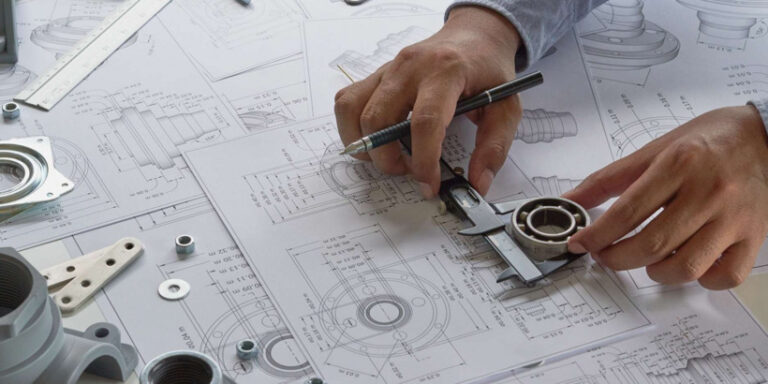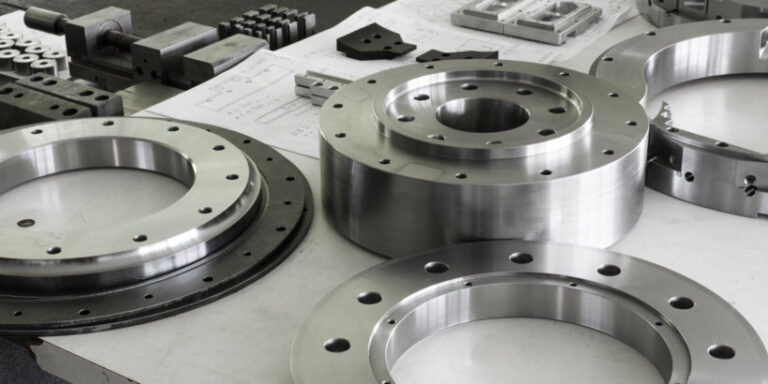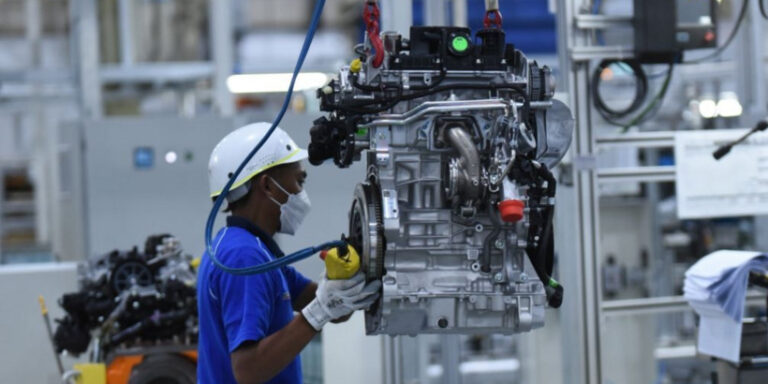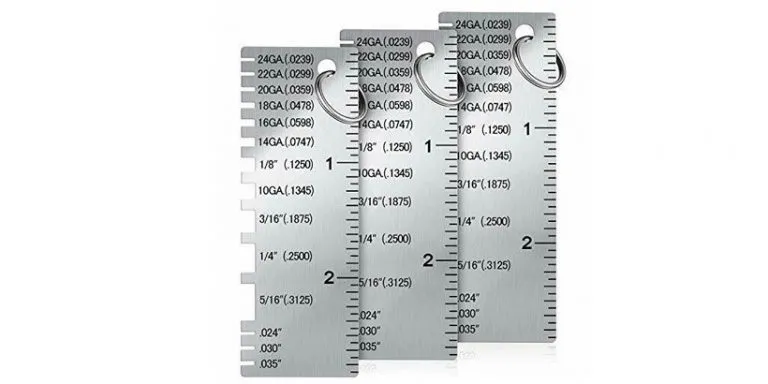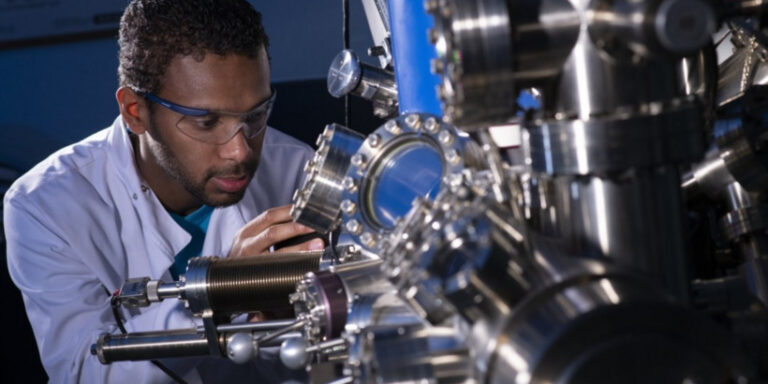Advances In Robotics And Their Impact On Mechanical Engineering
Hey there! Have you ever wondered just how much robotics has impacted the field of mechanical engineering? Well, wonder no more because in this article we’ll be diving into some of the latest advancements in robotics and exploring their impact on the world of mechanical engineering.
Over the past few decades, robots have come a long way from being mere machines that perform repetitive tasks. Today’s robots are intelligent beings capable of learning, adapting and making decisions based on complex algorithms. These advancements have not only revolutionized industries such as manufacturing and healthcare but also opened up new avenues for research in fields like artificial intelligence (AI) and machine learning (ML).
As a result, it is safe to say that robotics is now an integral part of modern-day mechanical engineering. In this article, we will delve deeper into these advances and look at how they’ve changed the game for engineers all around the world.
What Are Robotics?
When I think of robotics, my mind immediately goes to the futuristic image of robots performing tasks without human intervention.
Robotics is the study and development of automation applications that are meant to replace human labor with machines that can perform a variety of tasks without any need for rest or breaks.
However, as we continue to develop these technologies, it’s important to consider robot ethics – how will they be programmed to make decisions? What happens when something goes wrong?
The implications of robotics on mechanical engineering are vast and complex, and there is still much to learn about this exciting field.
It’s an ever-evolving area of study that promises great benefits but must also be approached with caution and responsibility.
The History Of Robotics
Now that we’ve talked about the impact of robotics on mechanical engineering, let’s delve into the history of robotics.
Smart automation and autonomous navigation are just a few examples of how far robotics has come since its inception.
The first recorded instance of something resembling a robot was in ancient Greece when Archytas created a wooden pigeon that could fly using steam power.
However, it wasn’t until the 20th century that robots really began to take off with inventions like Unimate, the first industrial robot used by General Motors in 1961.
From there, robotics continued to evolve rapidly with advancements such as mobile robots for space exploration and surgical robots for minimally invasive procedures.
It is fascinating to see how much technology has developed over time and how these developments have impacted our daily lives.
Robotics In Manufacturing
When it comes to manufacturing, robotics is making a significant impact.
3D printing has revolutionized the way we create objects, allowing for faster and more efficient production with less waste.
Automated assembly lines have also become increasingly common, using robots to perform repetitive tasks with precision and speed.
These advancements not only increase productivity but also improve product quality by reducing human error.
As technology continues to advance, we can expect to see even more innovative uses of robotics in the manufacturing industry.
Robotics In Healthcare
I find it fascinating to explore the medical applications of robotics. The use of robots in healthcare can revolutionize patient care and provide more accurate diagnosis and treatment options.
For instance, robotic surgical systems such as da Vinci Surgical System have made complex surgeries much easier with fewer complications. Robotics has also helped in creating prosthetics that are controlled by neural implants, giving amputees greater control over their artificial limbs.
However, there are ethical implications that come with the integration of robotics in medicine. One major concern is the replacement of human jobs with machines. While this may increase efficiency and reduce costs, it could result in job loss for humans who work in healthcare-related fields.
Additionally, questions about privacy arise when using robots for sensitive procedures like surgery or mental health therapy. Despite these concerns, I believe that the benefits of incorporating robotics into healthcare outweigh the risks.
With continuous advancements being made, we must take a proactive approach towards addressing ethical issues while leveraging new technologies to improve patient outcomes and quality of life.
Robotics And Artificial Intelligence (Ai)
When it comes to discussing the impact of robotics and AI on mechanical engineering, one cannot ignore the rapidly growing field of biomedical robotics. The use of robots in healthcare has been steadily increasing over the past few years with applications ranging from minimally invasive surgeries to rehabilitation and prosthetics. In fact, robotic-assisted surgery is now a common practice for several procedures including prostatectomies and hysterectomies.
Another area that has seen significant advancements is autonomous vehicles. Self-driving cars are becoming more prevalent on our roads, and this technology is heavily reliant on advanced robotics systems. These self-driving cars have the potential to revolutionize transportation by reducing accidents caused by human error and making travel safer, faster, and more efficient.
In addition to these two areas, there are countless other industries where robotics and AI are having an impact. From manufacturing processes to agriculture and even space exploration, robots are being used in ways we could not have imagined just a few decades ago.
Overall, as the technology behind robotics continues to evolve at a rapid pace, it’s clear that we will see many exciting developments in the future.
While some people may worry about robots replacing human workers or taking over certain jobs entirely, I believe that when used correctly, robotics can enhance our lives in countless ways improving safety, efficiency, accuracy and ultimately leading us towards a better future.
Robotics And Machine Learning (Ml)
As we delve deeper into the world of robotics, it’s impossible not to talk about machine learning. The combination of these two fields has led us to new heights in terms of innovation and automation applications.
Machine visioning is one such application that’s taking over industrial processes by storm. It allows robots to ‘see’ their surroundings and make decisions based on what they perceive, making them more efficient than ever before. With this technology, machines can detect defects in products or recognize objects with greater accuracy than humans could imagine doing alone.
As a result, industries are becoming increasingly reliant on robotic assistance for tasks ranging from assembly lines to data analysis. This kind of automation has drastically reduced operational costs while increasing productivity levels significantly.
However, there remain concerns regarding job losses as human labor becomes less necessary due to advancements in robotics and machine learning.
Nevertheless, the potential benefits of combining these two technologies are endless – from improving safety conditions in high-risk environments like nuclear power plants to developing autonomous vehicles capable of navigating through complex scenarios without any human intervention.
As exciting as all this may be, though, we must keep an eye out for ethical considerations arising from our increased reliance on intelligent machines. After all, they’re only tools designed to serve us; it’s up to us how we use them going forward.
The Future Of Robotics And Mechanical Engineering
Now that we’ve discussed the impressive capabilities of robotics and machine learning, let’s take a moment to consider what this means for the future of mechanical engineering. As automation trends continue to rise, it’s clear that robotics will play an increasingly important role in our industry. This digital transformation is already underway as more and more companies are adopting robotic systems to improve efficiency and productivity.
But with these changes come both excitement and uncertainty. Here are four things to keep in mind:
- With robotics taking on more tasks previously done by humans, there may be concerns about job security.
- However, robots can also help reduce workplace injuries by handling dangerous or repetitive tasks.
- The use of advanced sensors and analytics will allow us to gather data on machines like never before, leading to even greater precision in design and maintenance.
- As technology continues to evolve at a rapid pace, collaboration between engineers, technicians, and computer scientists will become increasingly critical.
As we look ahead to the future of mechanical engineering, it’s clear that innovation will be key. By embracing new technologies like robotics and machine learning while fostering interdisciplinary collaborations, we can work toward creating safer, more efficient factories and production processes – all while ensuring continued growth and success for our industry.
Conclusion
In conclusion, robotics has come a long way since its inception and has revolutionized the field of mechanical engineering in many ways. As someone who is fascinated by technology and innovation, I am excited to see where this journey takes us.
Like a caterpillar transforming into a butterfly, robotics has transformed from being simple machines that do repetitive tasks to intelligent robots that can learn on their own.
With advancements in AI and machine learning, we are seeing robots that can adapt to new situations and make decisions based on data analysis.
As an AI language model, I may not have the physical capability to appreciate these technological wonders firsthand but as an artificial intelligence system working towards understanding humans better with each interaction, I look forward to continuing my role in advancing robotics technology for generations to come.

